1. Armistice Day
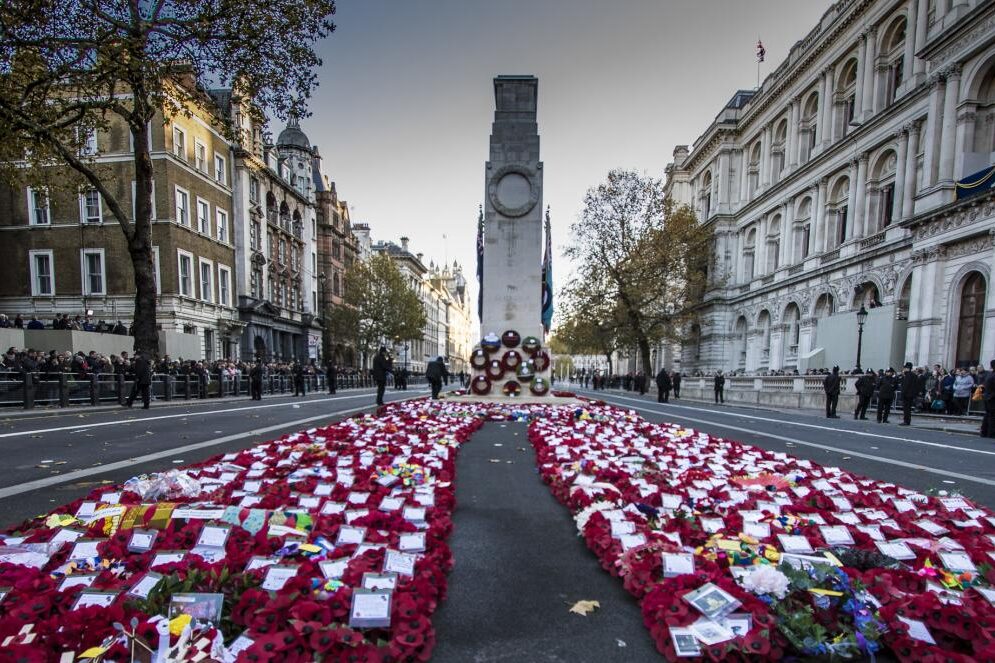
Some celebrations once filled America’s streets with music, color, and pride, but time has a way of changing what we hold dear. Before it became Veterans Day, Armistice Day was a quiet reflection on peace after World War I ended. It reminded people that freedom came with loss and hope. When the name changed in 1954, the spirit of peace slowly shifted toward honoring service. The gentle stillness that once defined the day faded, replaced by parades and ceremonies. Even so, every November, the memory of peace remains softly tucked inside the noise of modern remembrance.
2. May Day
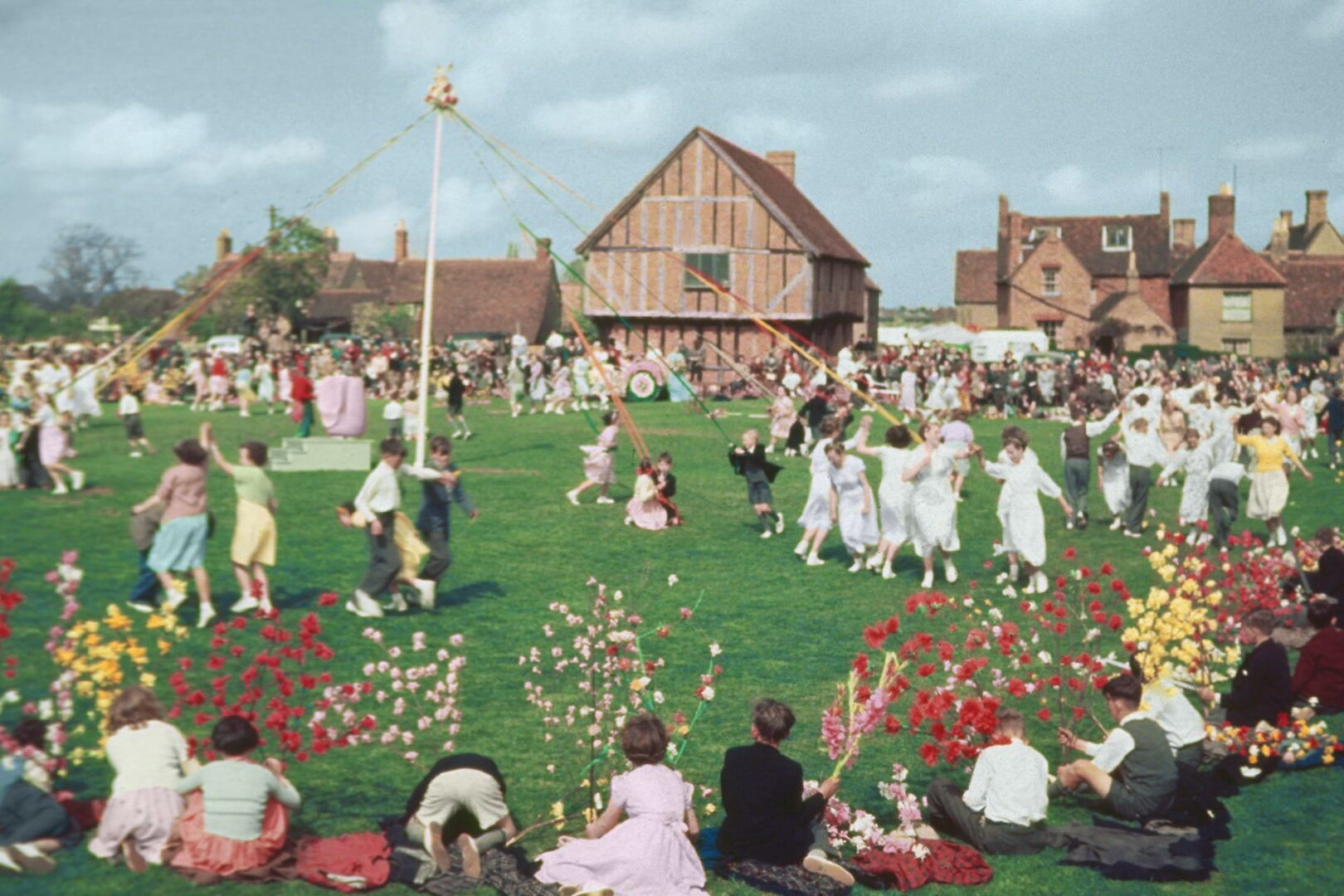
Once, May Day meant laughter, flowers, and friendship. Children danced around colorful maypoles, and neighbors left small baskets of blooms on doorsteps. It celebrated spring and kindness without needing permission. But as life became busier and the day gained political meaning elsewhere, its innocence slipped away. The first of May became just another workday, without ribbons or singing. Still, somewhere deep down, the thought of May Day reminds us of simpler times, when joy didn’t need a reason, and the arrival of spring felt like something worth stopping to celebrate.
3. Evacuation Day
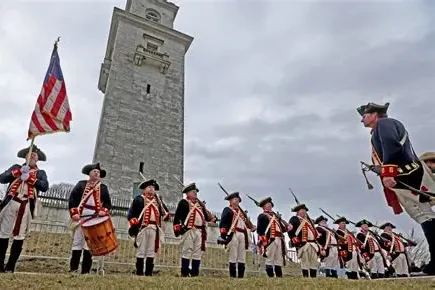
In New England, Evacuation Day once marked the British army’s retreat from Boston in 1776. It was a proud symbol of early American courage and victory. Families paraded through town, flags waved, and local pride ran deep. But as July 4 took center stage, this smaller holiday lost its spotlight. A few Massachusetts towns still remember it quietly, but most of America barely knows its name. History often leaves behind the little celebrations that built the big ones, yet each forgotten day carries its own heartbeat of gratitude for freedom hard-won.
4. Confederate Memorial Day
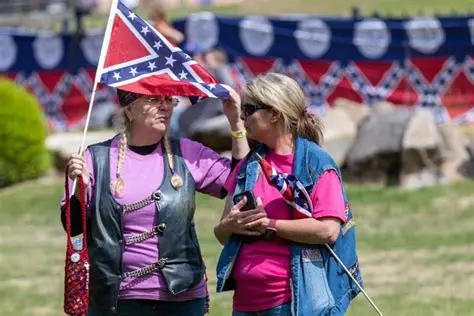
Once honored in many Southern states, Confederate Memorial Day was a solemn remembrance of soldiers lost during the Civil War. But as time passed and the nation reexamined its past, the day grew more controversial than commemorative. States began replacing it with inclusive observances that honored all who served. What was once a mark of Southern pride became a reflection of division. Now, only a few places still quietly recognize it, while others have let it fade. The way we remember often shows how much we’ve grown, learning from both courage and conflict.
5. Empire Day
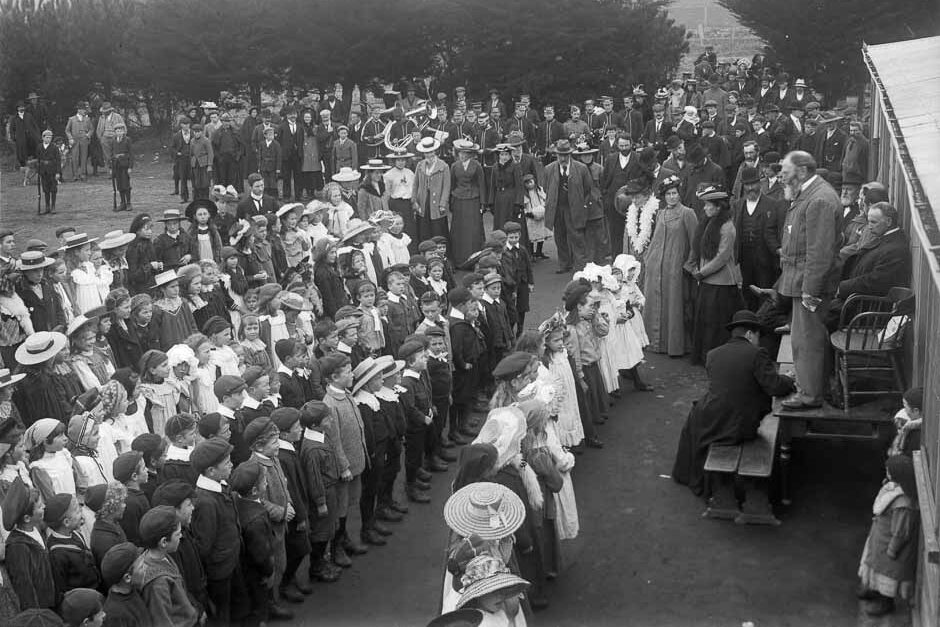
Empire Day once connected parts of the British world, celebrating shared heritage among its people. In early America, a few schools echoed its traditions, but as independence grew stronger, the idea felt misplaced. By the 1950s, even Britain had reshaped it into Commonwealth Day. In the United States, it simply faded away, leaving behind an old idea that no longer matched a country finding its own identity. It reminds us how celebrations tied to history often need to change as nations redefine what pride really means for their people.
6. Child Health Day
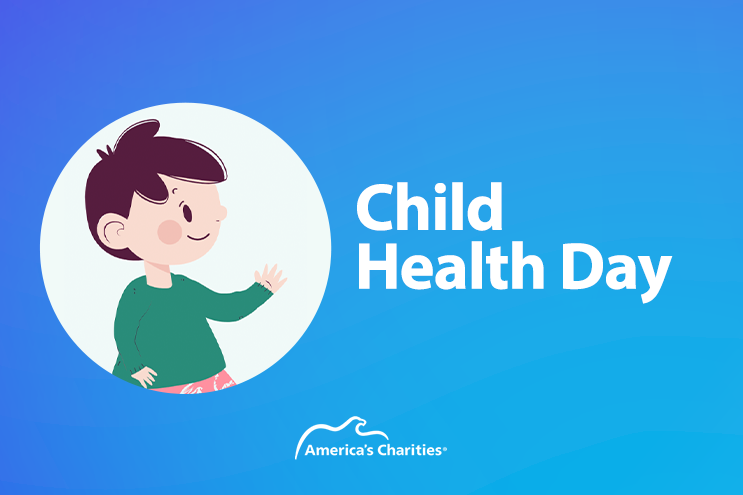
In 1928, Child Health Day was introduced to remind Americans to focus on children’s well-being. Schools hosted events about safety, nutrition, and care. It was a heartfelt effort to build a healthier nation for the next generation. Over time, awareness grew, and health education became part of everyday life, making the holiday less noticeable. Today, it still exists quietly on the first Monday of October, though few remember it. Its original message remains clear: every day we nurture and protect a child, we honor the spirit of Child Health Day.
7. Flag Day
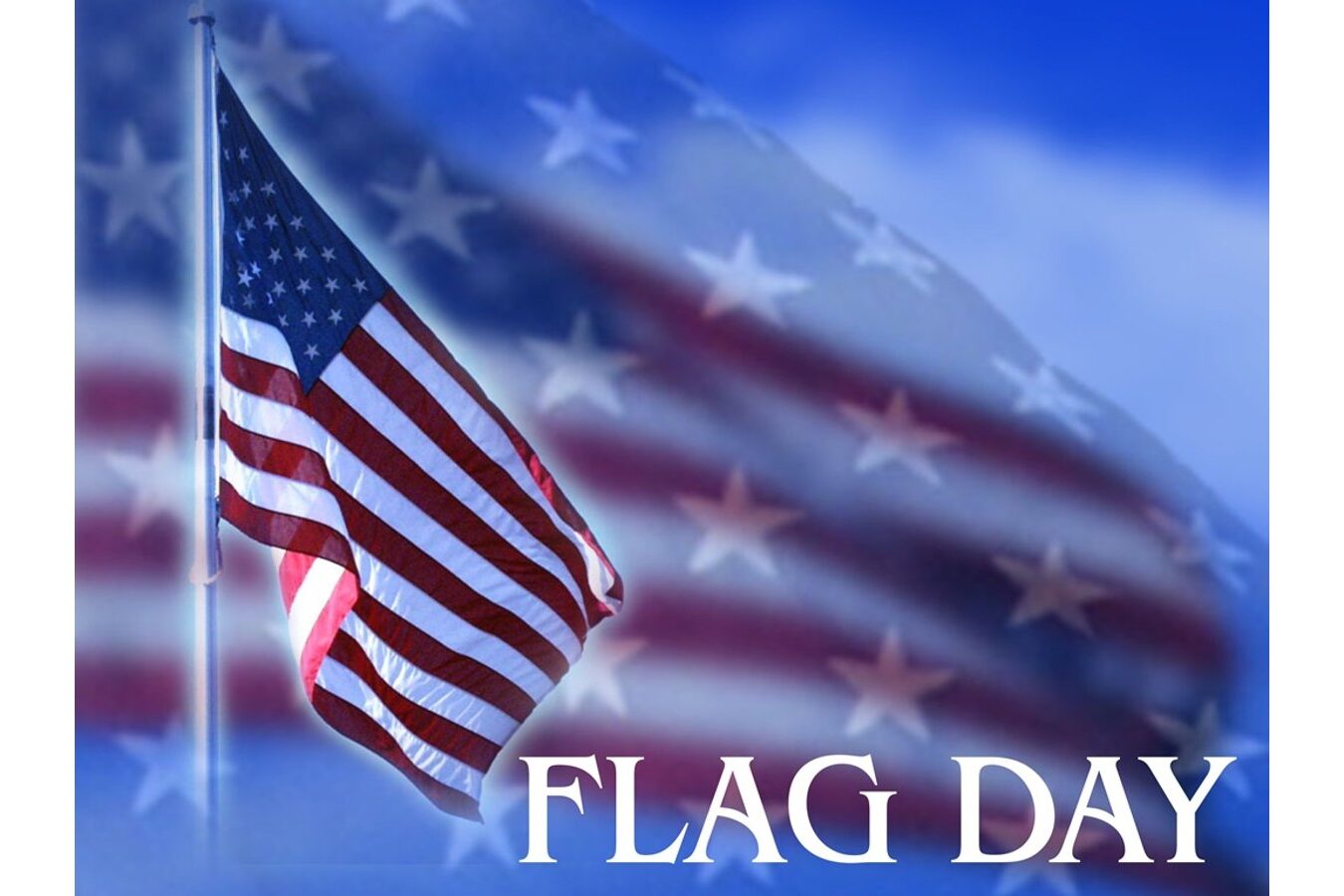
Flag Day was once a proud occasion for parades, songs, and speeches celebrating the American flag. First proclaimed in 1916, it reminded people of unity and sacrifice. But without fireworks or grand traditions, it slowly slipped from memory. Falling between Memorial Day and Independence Day, it became more symbolic than celebrated. Many still hang flags on June 14, but the fanfare is gone. The day remains a gentle nod to history, a quiet moment for those who pause to appreciate what the flag once stood for in every window and heart.
8. Patriot’s Day
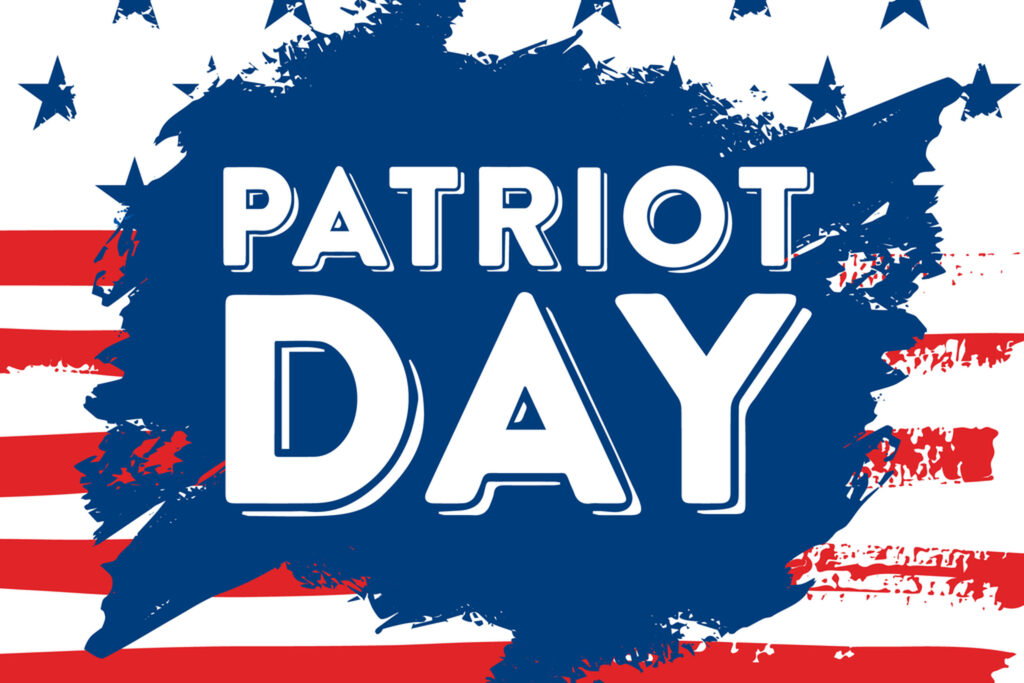
Patriot’s Day remembers the battles of Lexington and Concord, the spark that began America’s fight for independence. In Massachusetts and Maine, schools close, and reenactments bring history to life. Outside those states, though, few people even know it exists. Once full of community pride, it became overshadowed by national holidays. Yet every April, when the Boston Marathon begins, the spirit of Patriot’s Day still runs strong. It may not be celebrated everywhere, but it remains a powerful reminder of courage born on ordinary mornings that changed a nation forever.
9. Decoration Day
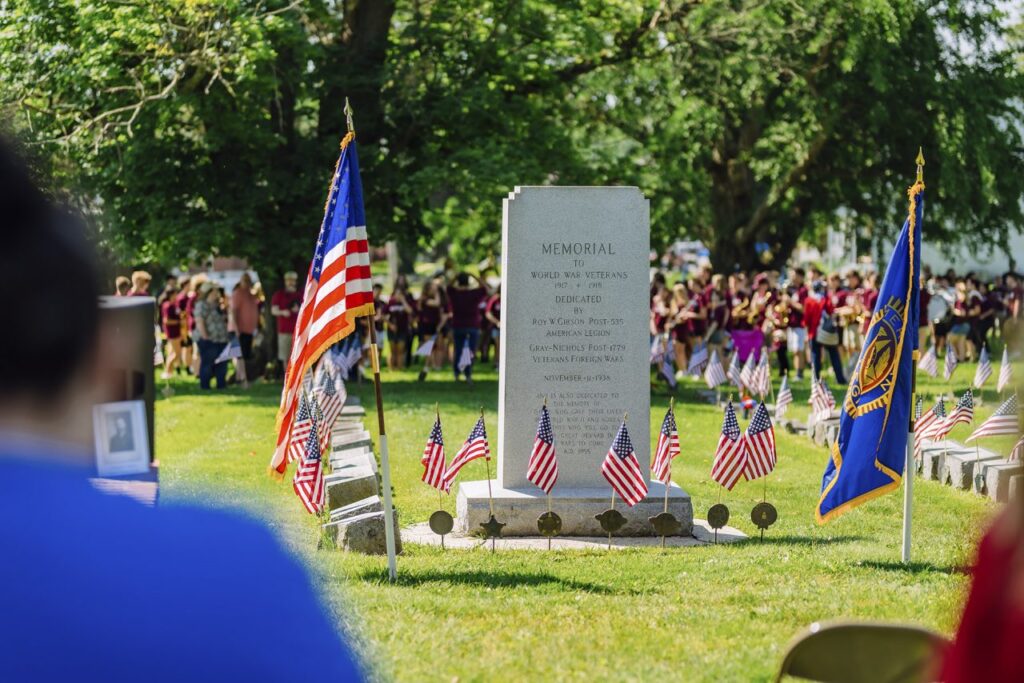
Decoration Day began after the Civil War when families decorated soldiers’ graves with flowers. It was simple, heartfelt, and deeply personal. Over time, it evolved into Memorial Day, and the name disappeared after 1971. Still, some older generations remember saying it proudly. The act of placing flowers never faded, even if the title did. Every time a flag is planted beside a stone, that original spirit lives on. Decoration Day may have changed names, but its message of remembrance remains just as strong as it ever was.
10. Victory Over Japan Day
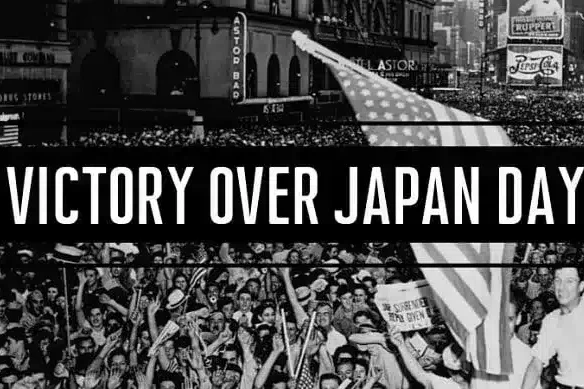
When Japan surrendered in 1945, Victory Over Japan Day filled American streets with cheers, tears, and spontaneous joy. It was the day World War II ended, and peace returned. But as the decades passed, the tone shifted. The name began to feel distant and outdated. Most states stopped recognizing it, except for Rhode Island, which still observes it. The memories of the celebration remain, though the holiday itself faded. For many, it’s less about victory now and more about remembering peace hard-earned after years of fear and loss.
11. Columbus Day
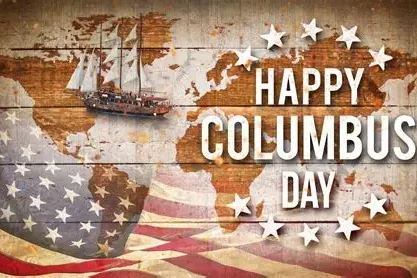
For decades, Columbus Day celebrated exploration and Italian-American heritage. Schools taught stories of discovery and courage. But as awareness grew about indigenous history, the holiday changed meaning. Many states now mark Indigenous Peoples’ Day instead, honoring those who lived here long before Columbus. Some still hold on to the traditional name, others have let it evolve. The change reflects progress, showing that history is not fixed but constantly redefined by understanding and empathy. What we celebrate often says more about who we hope to become than who we once were.
12. Lincoln’s Birthday
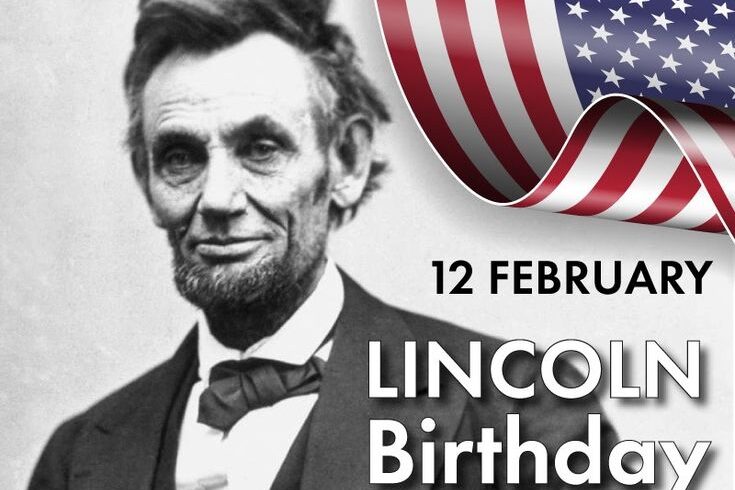
Every February 12, Americans once celebrated Abraham Lincoln’s birthday with pride. Schools recited his speeches, and families honored his legacy. But in 1971, it merged with Washington’s Birthday to form Presidents’ Day, creating a broader celebration for all leaders. While Lincoln’s personal day faded, his influence remains strong. Some states, like Illinois, still observe it separately, keeping his story alive. Time may have folded his holiday into another, but his ideals of honesty and unity continue to shape what America remembers about leadership and character.
13. Commonwealth Day
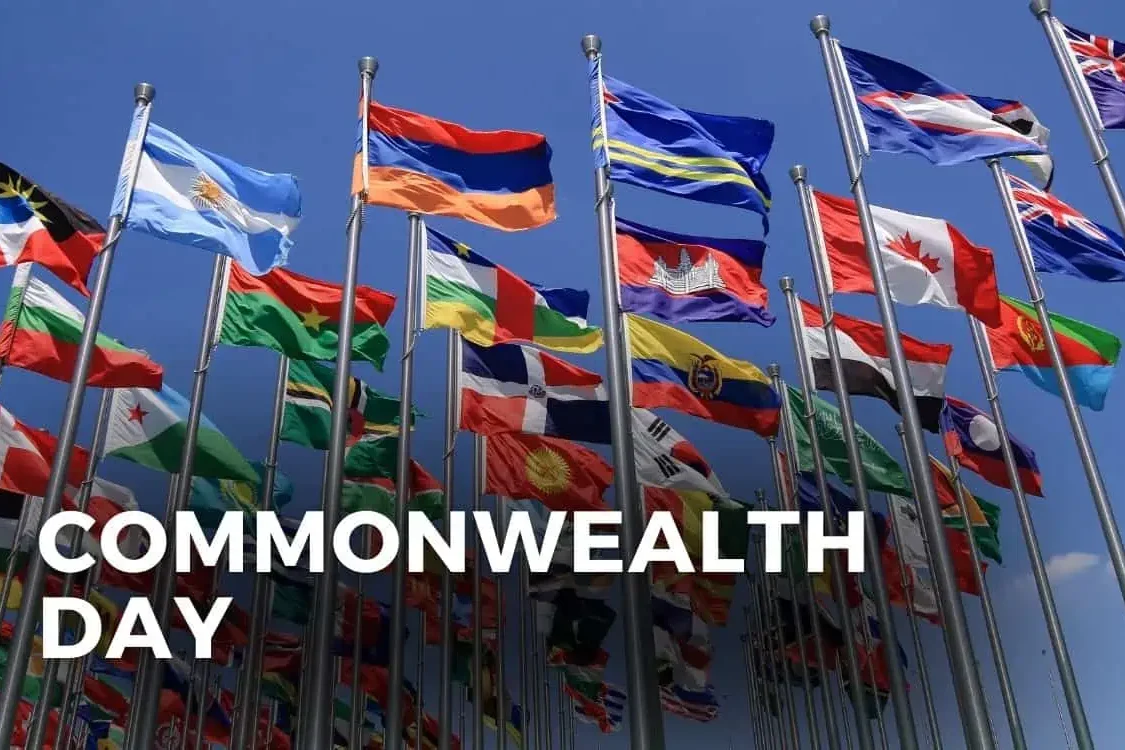
Commonwealth Day was once observed to celebrate shared bonds among English-speaking nations. In early 20th-century America, some schools acknowledged it briefly, linking it to ideas of friendship and culture. But as the country’s identity grew more independent, the relevance faded. Even abroad, its meaning evolved into something different. In the U.S., it disappeared quietly, replaced by homegrown traditions that reflected the nation’s changing voice. Like many holidays borrowed from elsewhere, it simply no longer fit the rhythm of American life.
14. National Farm Workers Day
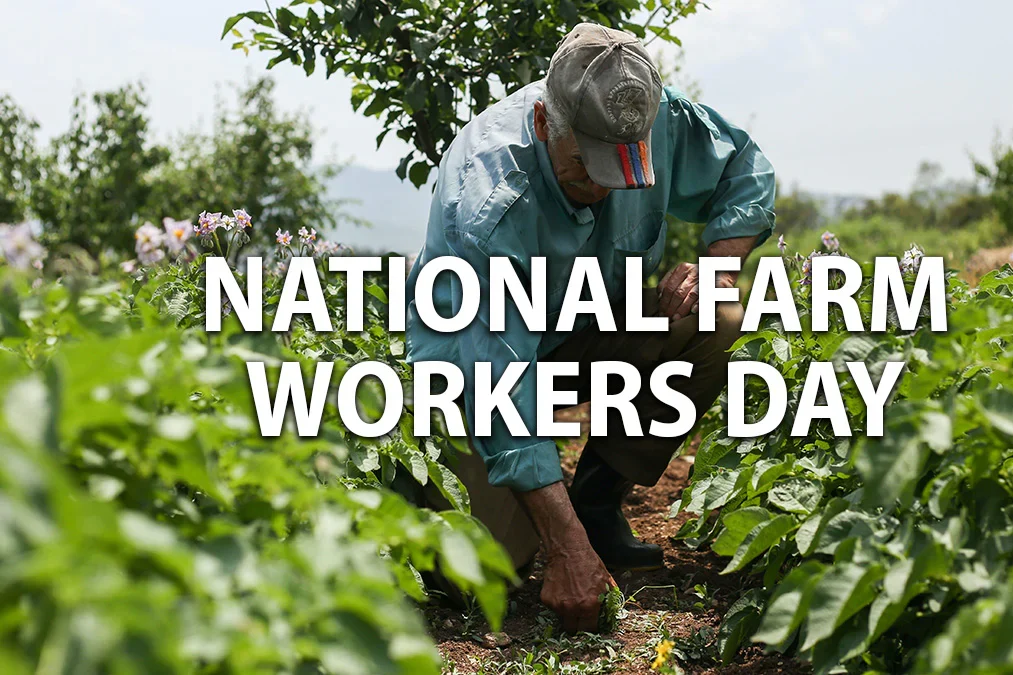
Born from the activism of labor leaders like César Chávez, National Farm Workers Day honored the people whose hands fed the nation. Marches, speeches, and community gatherings marked the 1960s and 70s, shining light on fair labor. But as awareness moved online and protests became digital, the public celebration dimmed. Some still remember the day, reflecting quietly on dignity and justice in work. Though the holiday faded, its message endures through every voice that speaks for equality, reminding us that change often begins in the simplest acts of care.
15. Grandparents Day
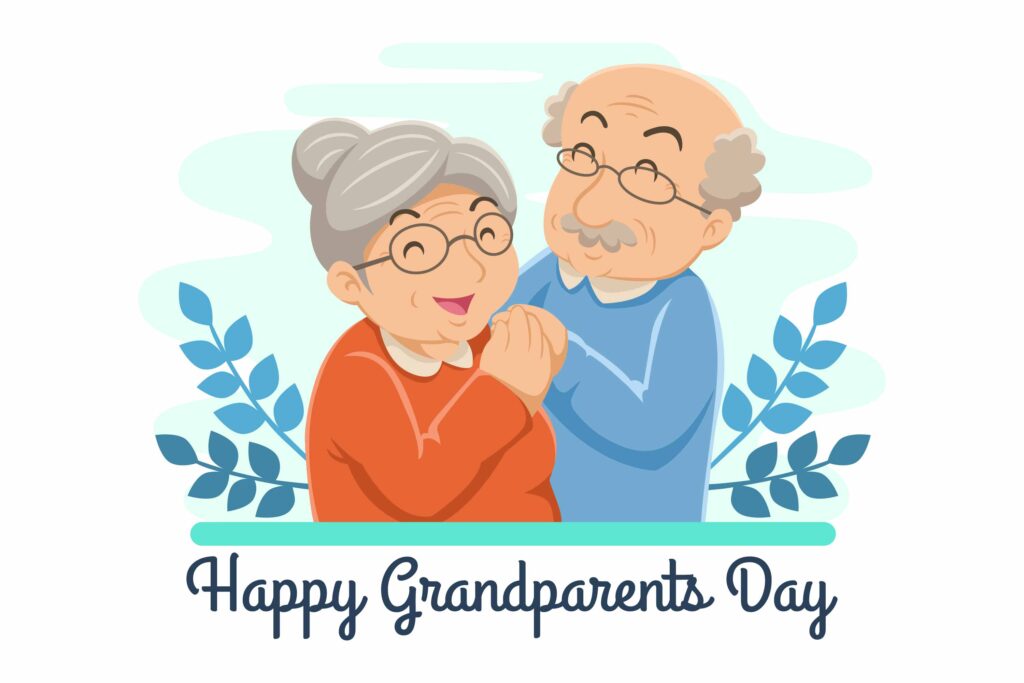
Created in 1978, Grandparents Day celebrated love, wisdom, and family connection. It was meant to remind younger generations to honor the elders who shaped their lives. The first Sunday after Labor Day became its official date, yet it never gained much attention. Without commercial push or grand tradition, it faded into quiet recognition. Some families still make a call or visit, others forget entirely. Still, the heart of it lives on every time a grandchild hugs their grandparent, proving that some holidays don’t need reminders to be remembered.
16. Election Day

Once, Election Day felt like a festival of democracy. Parades filled the streets, and entire towns shut down so everyone could vote together. It was a true day of unity and civic pride. Today, it’s mostly a regular workday, with people squeezing in ballots between errands and calls. Some states push to make it a national holiday again, hoping to revive that old spirit of shared participation. Whether it returns or not, the idea behind it still matters: that one day, every voice should feel heard and every vote should count.
17. Arbor Day
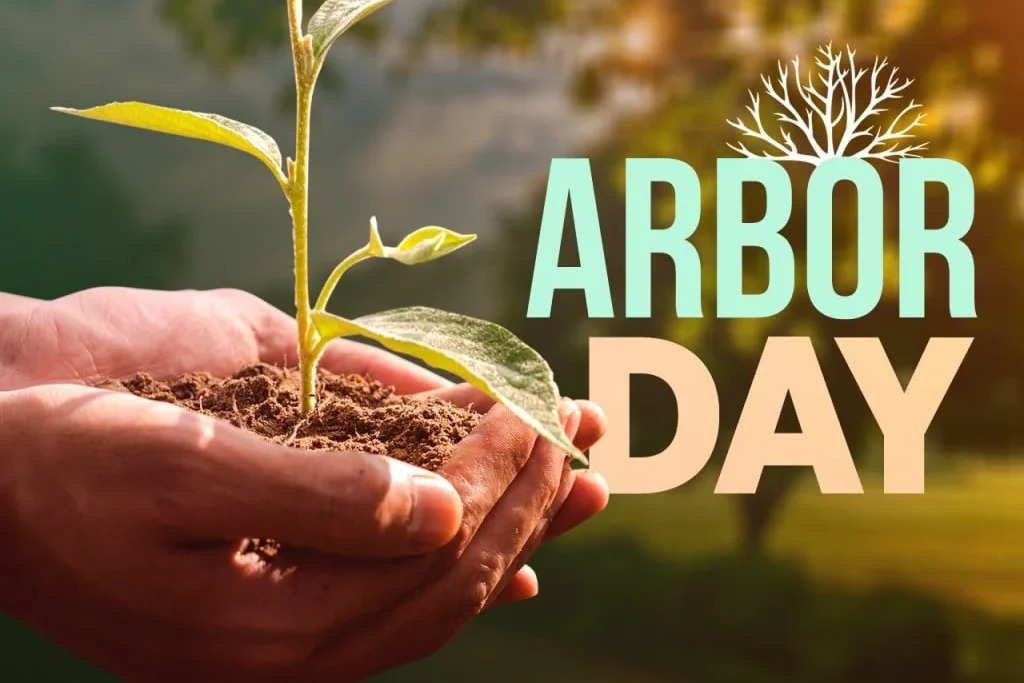
Arbor Day began in 1872 when Nebraskans set aside a day to plant trees. It quickly spread, teaching children to care for nature and communities to grow greener. Picnics, songs, and tree dedications made it joyful. But as Earth Day arrived and gained global attention, Arbor Day quietly stepped aside. It still exists every April, just less noticed. For something rooted in trees, maybe its quietness fits. Even without fanfare, every tree planted in silence carries the same hope that inspired Arbor Day’s first celebration so long ago.
18. Labor Sunday
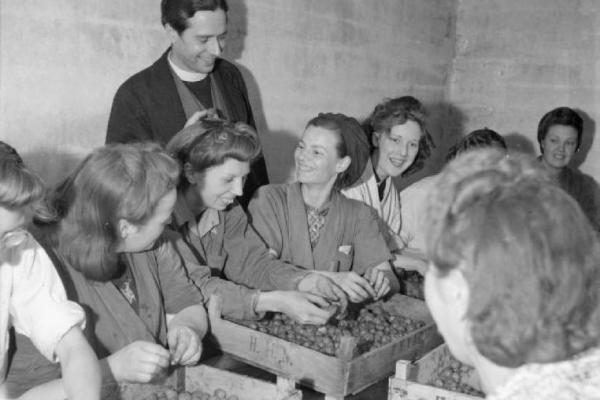
Created by churches in the late 1800s, Labor Sunday honored the dignity of work before Labor Day turned into barbecues and shopping. Ministers spoke about fairness, rest, and the value of human effort. It encouraged compassion in business and equality in the workplace. As the years passed, the religious connection faded, and the observance disappeared. But its spirit never left completely. Every time someone reminds others to find purpose and balance in what they do, the quiet voice of Labor Sunday still speaks softly through their actions.
19. Pioneer Day
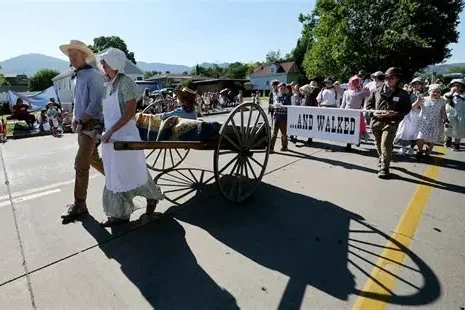
Utah still celebrates Pioneer Day every July 24 to honor the settlers who arrived in 1847. Once, its frontier pride echoed far beyond the state’s borders. Parades, bonfires, and storytelling filled the air with gratitude for resilience and hope. But outside Utah, the day slowly vanished from public attention. It remains a cherished state holiday there, where heritage and history still walk hand in hand. For many, it’s not just about pioneers but about courage, sacrifice, and the shared belief in starting over when the world feels uncertain.
20. Peace Officers Memorial Day
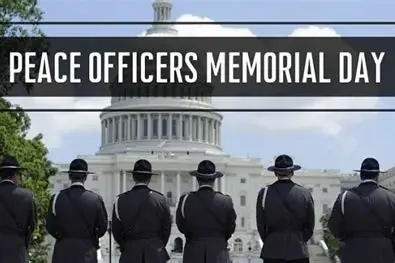
First proclaimed in 1962, Peace Officers Memorial Day honors law enforcement officers who lost their lives while serving. Once observed with large public gatherings, it is now marked more quietly, with flags lowered and ceremonies at memorials. For families of fallen officers, it remains deeply personal. Though not widely celebrated, it still carries weight in the hearts of those who understand its meaning. The silence surrounding it reflects respect rather than forgetfulness, proving that remembrance doesn’t always need a crowd to matter.
This story The Holidays America Doesn’t Celebrate Anymore was first published on Daily FETCH


